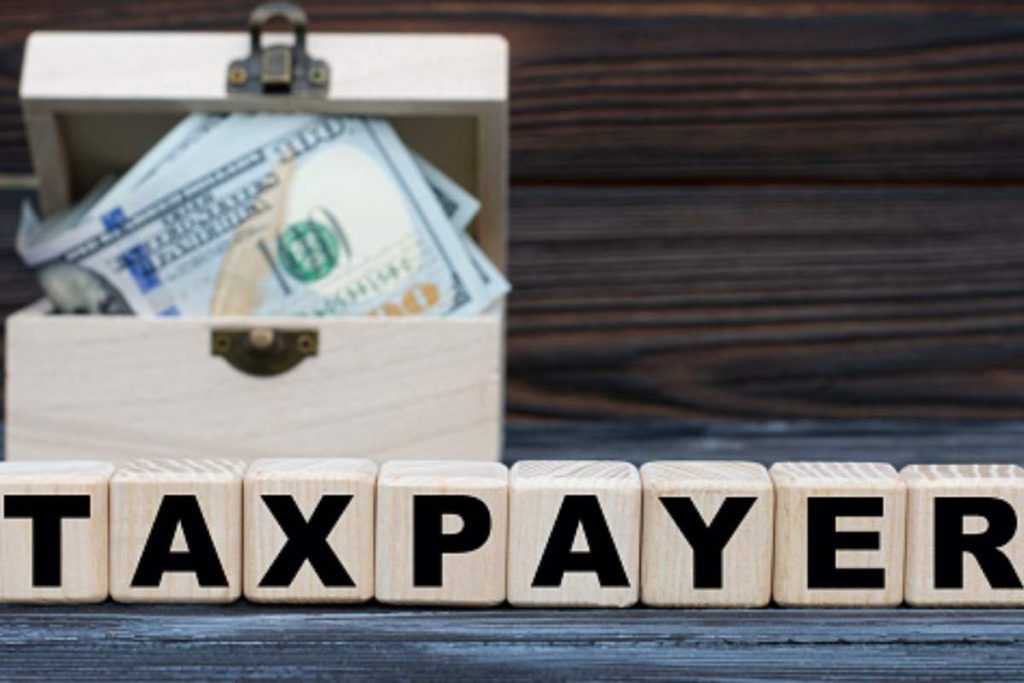Receiving a notice from the IRS can be a nerve-wracking experience, and it’s essential to take prompt action to address any issues. One of the notices that taxpayers may receive is IRS CP504B, which typically indicates that the government agency has assessed a balance due for taxes owed and that the taxpayer has not responded to previous notices.
In this blog post, take a closer look at what IRS Notice CP504B means, what you should do if you receive one, and how you can avoid such notices in the future.
Table of Contents
What is it?
IRS CP504B is a collection notice that the IRS sends to taxpayers with unpaid taxes. It is sent after the organization has attempted to collect the taxes owed, and the taxpayer has not responded. The notice is typically sent as a final warning before the IRS takes further collection action, such as filing a tax lien or initiating a levy on the taxpayer’s assets.
The notice will state the amount of taxes owed and any penalties and interest accrued. It will also provide a due date for payment and instructions on how to pay the amount owed.
What to Do if You Receive IRS CP504B?
If you receive IRS notice CP504B, it’s essential to take prompt action to address the outstanding taxes. Ignoring the notice or failing to take action can result in further collection action by the agency, which can lead to wage garnishments, bank levies, or even the seizure of your property.
Here are the steps you must take if you receive the CP504B:
-
Review the Notice Carefully
Read the notice carefully and understand what the organization is asking for. Note the amount of taxes owed, any penalties and interest accrued, and the due date for payment.
-
Verify the Amount Owed
If folks think the amount owed is incorrect, they should contact the IRS to request a payment history or explain how it was calculated. They can also use the agency’s online account system to view your account information and verify the amount owed.
-
Determine Your Payment Options
There are several payment options available to taxpayers who owe taxes. People can pay the total amount owed, set up a payment plan, or negotiate an offer in compromise. They should contact the agency to discuss their options if they cannot pay the total amount owed.
-
Respond to the Notice
Make sure to respond to the notice by the due date provided. You can respond by paying the amount owed or contacting the organization to discuss payment options.
-
Seek Professional Help
If you are unsure of what to do or need assistance responding to the notice, you should seek the help of a tax professional. A tax professional can help you understand your options and work with the IRS on your behalf.
How to avoid it?
The best way to avoid receiving the CP504B is to stay current on your tax obligations. This means filing your tax returns on time and paying any taxes owed by the due date. You should contact the agency to discuss your payment options if you cannot pay your taxes in full.
Conclusion
Keep accurate records of your income, expenses, and deductions. This will help you to file your tax returns accurately and avoid errors that could result in penalties and interest. Make sure to file your tax returns on time, even if you cannot pay the total amount owed. Failing to file your tax returns can result in penalties and interest, increasing the amount owed.

